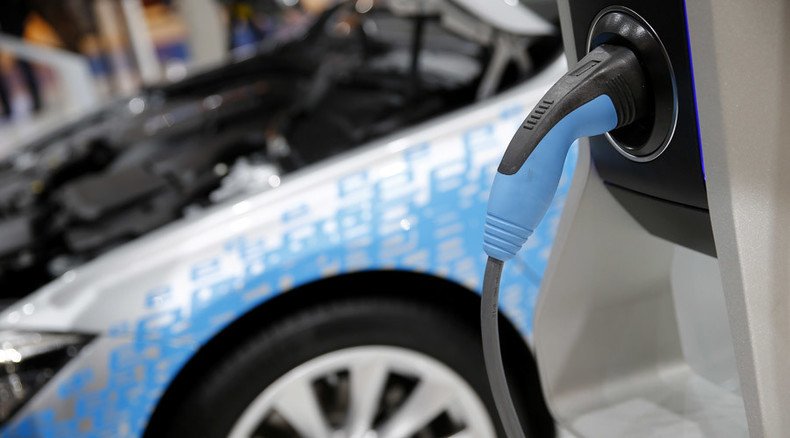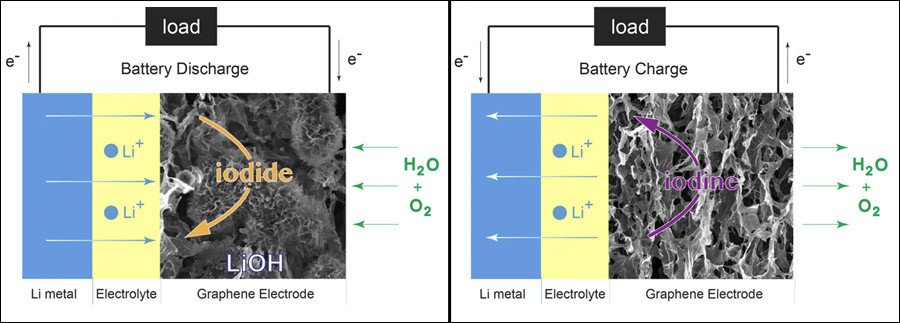‘Ultimate car battery’ will take you from London to Edinburgh on 1 charge

Cambridge scientists have made an impressive breakthrough in car batteries – they’ve invented one that can take you from London to Edinburgh in a single charge. It offers oodles more efficiency, and would reportedly cost a fraction of current ones.
The team is already touting the lithium-oxygen device as the “ultimate battery.” They said the working lab version has really high energy density, is 90 percent more efficient and rechargeable up to 2,000 times. All of these areas continue to remain a hindrance to truly effective battery-building today.
“What we’ve achieved is a significant advance for this technology and suggests whole new areas for research – we haven’t solved all the problems inherent to this chemistry, but our results do show routes forward towards a practical device,” lead author Professor Clare Grey of Cambridge’s Department of Chemistry said.
READ MORE: Miracle motorbike that goes 500km… on a liter of water! (VIDEO)
Sadly, that type of ambition could take 10 years to come to fruition, as there are still obstacles to beating gasoline to the top as the prime source of power. But when it does happen, the battery will be a fifth of the cost and weight of current electrical car batteries. This is besides being able to drive from London to Edinburgh without recharging.

“While there are still plenty of fundamental studies that remain to be done, to iron out some of the mechanistic details, the current results are extremely exciting – we are still very much at the development stage, but we’ve shown that there are solutions to some of the tough problems associated with this technology,” Grey added.
But the optimism is there. Grey and team demonstrated how these challenges can be overcome. The battery relies on ‘fluffy’ carbon electrodes made from graphene. There are also compounds that affect chemical reactions in the battery to make them work in a more effective way.
The research, published in the journal Science, follows on the footsteps of previous studies over the last 10 years, which determined that lithium-air batteries are the way to go for the most efficient energy storage.
READ MORE: Time’s up for fossil fuels – Tesla CEO Elon Musk on Volkswagen emissions scandal
“There’s still a lot of work to do,” said Dr Tao Liu, first author on the paper. “But what we’ve seen here suggests that there are ways to solve these problems – maybe we’ve just got to look at things a little differently.”












